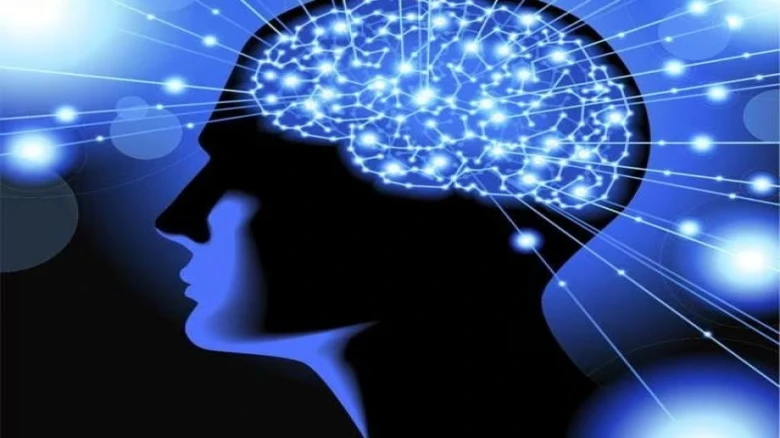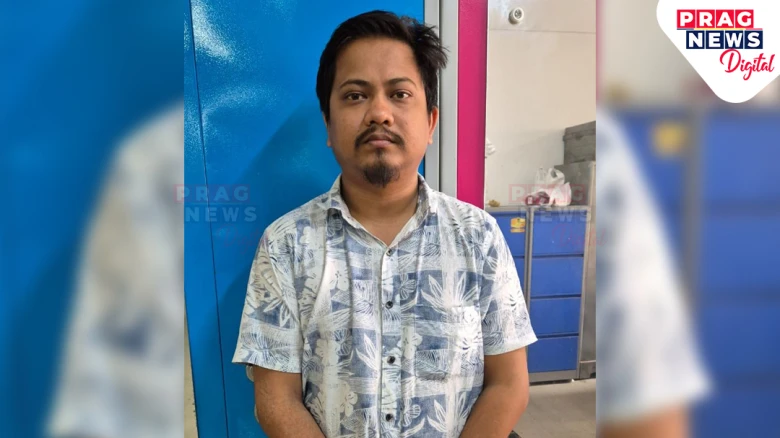For centuries, scientists and researchers have believed that dying is not the end of brain activity. This is the first time that it has been proven right now.
Digital Desk: Human minds have always been curious about what happens beyond death and what lies beyond. We have been attempting to address these questions for a long time, but we haven't really been successful in doing so. However, scientists now have reached halfway through as they found that the human brain continues to function even after death, even after the heart stops.
Scientists and researchers have long held the view that brain activity continues after death. It has just now been proved for the first time.
Researchers at the New York University Grossman School of Medicine have led a significant study that has discovered potential flickers in the minds of cardiac arrest patients as they undergo resuscitation procedures.
Human brain remains alive long after heart stop working
This research was a continuation of a prior study on near-death experiences. In order to better understand the experiences of patients who received cardiopulmonary resuscitation (CPR), a study was conducted at hospitals in the US and the UK.
Monitoring cerebral oxygen levels and electroencephalogram (EEG) activity during cardiopulmonary resuscitation (CPR) was used in pilot research to get insight into patients' waning awareness.
Only 213 of the 567 patients who were chosen for the trial had their pulse return. Alarmingly, only 53 of them were able to recover sufficiently to be released, and only 28 were deemed fit enough to take part in follow-up interviews discussing their experiences while they were dying. Sam Parnia, a researcher who is driven to unravel the mysteries of death, oversaw the study.
It's interesting that none of the 28 patients who avoided death and were later questioned could recollect the visuals on the tablet or the sounds coming from the headphones. But there seemed to be some activity going on in their brains. Scientists and researchers have always been curious about what happens beyond death and what lies beyond. However, they have not been successful in answering these questions. A recent study conducted by researchers at the New York University Grossman School of Medicine has discovered that the human brain continues to function even after death, even after the heart stops.
This research was a continuation of a prior study on near-death experiences. The study monitored cerebral oxygen levels and electroencephalogram (EEG) activity during cardiopulmonary resuscitation (CPR) to better understand the experiences of patients who received CPR. The study found potential flickers in the minds of cardiac arrest patients as they undergo resuscitation procedures, indicating that brain activity continues after death.
In the pilot research, only 213 of the 567 patients who were chosen for the trial had their pulse return. Out of these, only 53 were able to recover sufficiently to be released, and only 28 were deemed fit enough to take part in follow-up interviews discussing their experiences while they were dying. Interestingly, none of the 28 patients who avoided death and were interviewed later could recall the visuals on the tablet or the sounds coming from the headphones. But there appeared to be some activity going on in their brains. Those who survived described their resuscitation in fragments, including the feeling of chest compressions, the sight of electrodes on their skin, and the auditory awareness of voices from the medical staff.
The idea that cerebral activity could continue after death despite reduced heart function was further substantiated by real-time brain monitoring data. The results showed that the brain may continue to exhibit activity for much longer than previously thought. Sam Parnia, a researcher who is driven to unravel the mysteries of death, oversaw the study. Parnia commented on the results, saying that the study showed that these recollections and brain wave changes may be signs of universal, shared elements of so-called near-death experiences.
Those who survived described their resuscitation in fragments, including the feeling of chest compressions, the sight of electrodes on their skin, and the auditory awareness of voices from the medical staff.
The idea that cerebral activity could continue after death despite reduced heart function was further substantiated by real-time brain monitoring data.
Parnia commented on the results, saying that although it had been thought that the brain suffered irreparable damage 10 minutes after the heart stops, the study showed that the brain may continue to exhibit activity for much longer. The researcher said in his conclusion, "This is the first large study to show that these recollections and brain wave changes may be signs of universal, shared elements of so-called near-death experiences."









Leave A Comment